The Inside Story of John F. Kennedy Jr.'s George MagazineIn the '90s, John F. Kennedy Jr. founded and edited a revolutionary magazine called George, which covered politics like it was pop culture. Was it folly—or a glimpse of the Trumpian future?
He asked his assistant, RoseMarie Terenzio, for a notepad so that he could dash off a note to Madonna with the request, while Matt Berman, George's creative director, sketched what they hoped would become the cover. Shot by avant-garde fashion photographer Nick Knight, the image would be disguised in such a way that, upon first glance, the reader would think the subject was indeed the editor’s mother, before taking a closer look to realize it was Madonna. Making the cover even more provocative was the fact that Kennedy was rumored to have dated Madonna before starting the magazine.
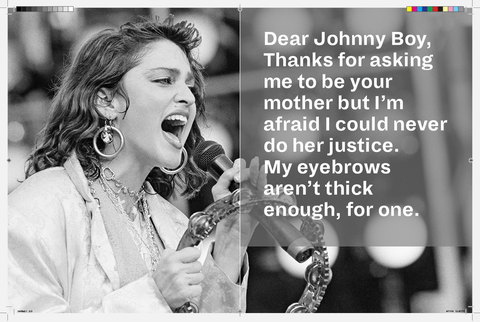
With Madonna out, the September cover took a decidedly different turn—instead of referencing his mom, Kennedy chose to nod at another well-known woman in his dad’s life: Marilyn Monroe.
Drew Barrymore was posed in a nude-colored cocktail dress and platinum wig, with a mole perfectly placed on her left cheek. The idea came from George’s executive editor, Elizabeth Mitchell, who suggested it as a fiftieth-birthday tribute to President Bill Clinton. The reference: In May 1962, in front of fifteen thousand people during a Democratic-party fundraiser at Madison Square Garden, Monroe had famously serenaded Kennedy’s father ten days before his forty-fifth birthday with a breathy, seductive "Happy Birthday, Mr. President." The subtext to the song, of course, is that the president and the actress were rumored to have had an affair.
That photograph might seem a strange choice for a man who adored his mother—even stranger than asking Madonna to impersonate her—but the thing was, according to Mitchell, Kennedy never believed anything had happened between his dad and Monroe. "He just thought it was sort of tweaking the expectations of the public," she says all these years later.
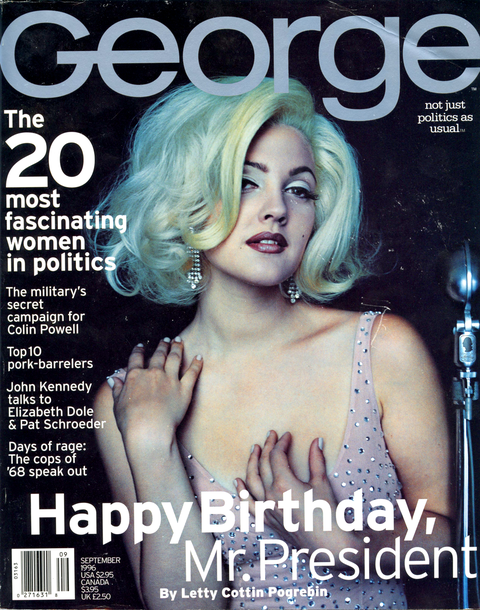
"But Kennedy’s instincts were right: In the twenty years since his death, politics and pop culture have become so intertwined that candidates now spend nearly as much time courting voters on late-night shows as they do on the Sunday talk circuit. Politicians are covered as if they were celebrities, while celebrities seek out a voice on politics. The current president is largely a product of reality television, and his predecessor recently signed a production deal with Netflix. Oprah Winfrey has been seriously touted as a potential presidential candidate, as have—somewhat less seriously—The Rock and Mark Cuban. As the son of the thirty-fifth president and an elegant First Lady–turned–book editor, Kennedy was uniquely positioned to both cover and promote the marriage of politics and pop culture—because he lived it
Beyond the personal tragedy was a professional one: Kennedy had worked hard to build a fiercely loyal team; an exciting, buzzy brand; and a new way to think about politics. But the personal and professional were hard to separate. It was the Kennedy name that persuaded publishers, advertisers, and readers to take a chance on him, but at the same time, it was his family’s legacy that complicated his role as an editor and led to conflicts both inside and outside the magazine.
“John died before his time,” says Frank Lalli, the editor who replaced Kennedy (and who controversially put Donald Trump on the cover in 2000). “And this magazine died before its time.”
***********
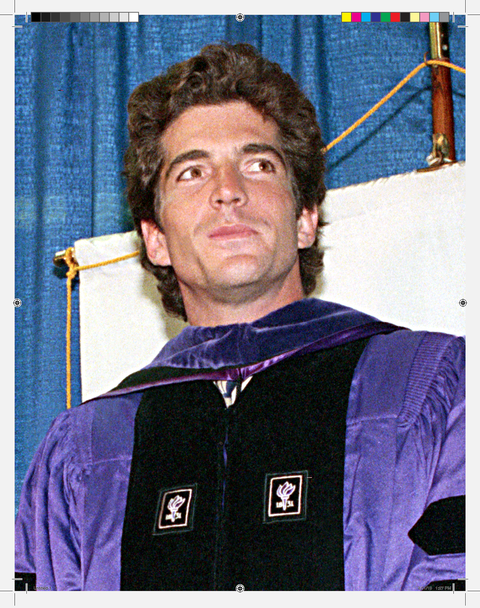
After Kennedy graduated from NYU School of Law in 1989, he worked as an assistant district attorney.
He brought up the idea over dinner with his friend Michael Berman, who was running the Manhattan public-relations firm PR/NY. Berman was on board. Their first step was attending a two-day seminar in 1993 called “Starting Your Own Magazine,” hosted at a New York Hilton. During one of the sessions, an instructor told the class, “You can successfully launch a magazine in just about anything except for religion and politics.” But Kennedy already had his mind made up.
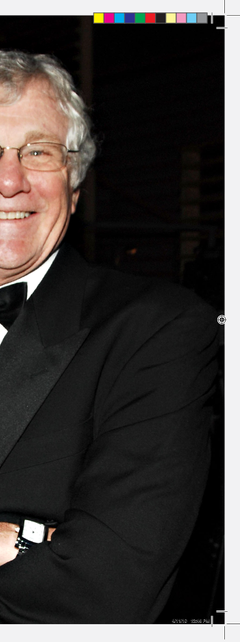 “Hey, John, are you going to start your own magazine?” Kelly asked.
“Hey, John, are you going to start your own magazine?” Kelly asked.Kennedy demurred. “Oh, I don’t know. I don’t know.”
Kelly pressed: “If you ever do, could you let me know first?”
Kennedy and Berman continued working on the project sporadically into spring 1994, when Kennedy set up a secret shop in Berman’s office, coming in every day to strategize. After a few months, Berman announced to his team he was selling his firm and going into business with Kennedy. The two men brought on Berman’s former employee RoseMarie Terenzio as their assistant, and they got to work on the new project.
.” Media reporter Keith Kelly spotted Kennedy at a two-day seminar in 1993 called “Starting Your Own Magazine

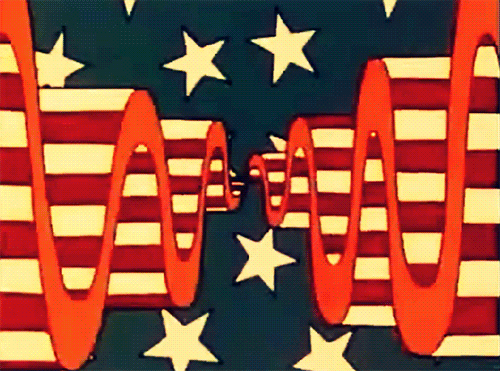
Those Who Don't Know The True Value Of Loyalty Can Never Appreciate The Cost Of Betrayal.
GUEST POSTING: WOULD YOU LIKE TO BE PUBLISHED ... DO YOU HAVE SOMETHING ON YOUR MIND?
Knowledge Is Power - Information Is Liberating: The LIBERTY TREE & FRIENDS is a non-profit blog dedicated to bringing as much truth as possible to the readers.
Big Tech has greatly reduced the distribution of our stories in our readers' newsfeeds and is instead promoting mainstream media sources. When you share with your friends, however, you greatly help distribute our content. Please take a moment and consider sharing this article with your friends and family. Thank you
Please share… Like many other fact-oriented bloggers, we've been exiled from Facebook as well as other "mainstream" social sites.
We will continue to search for alternative sites, some of which have already been compromised, in order to deliver our message and urge all of those who want facts, not spin and/or censorship, to do so as well.
Keep on seeking the truth, rally your friends and family and expose as much corruption as you can… every little bit helps add pressure on the powers that are no more.


No comments:
Post a Comment